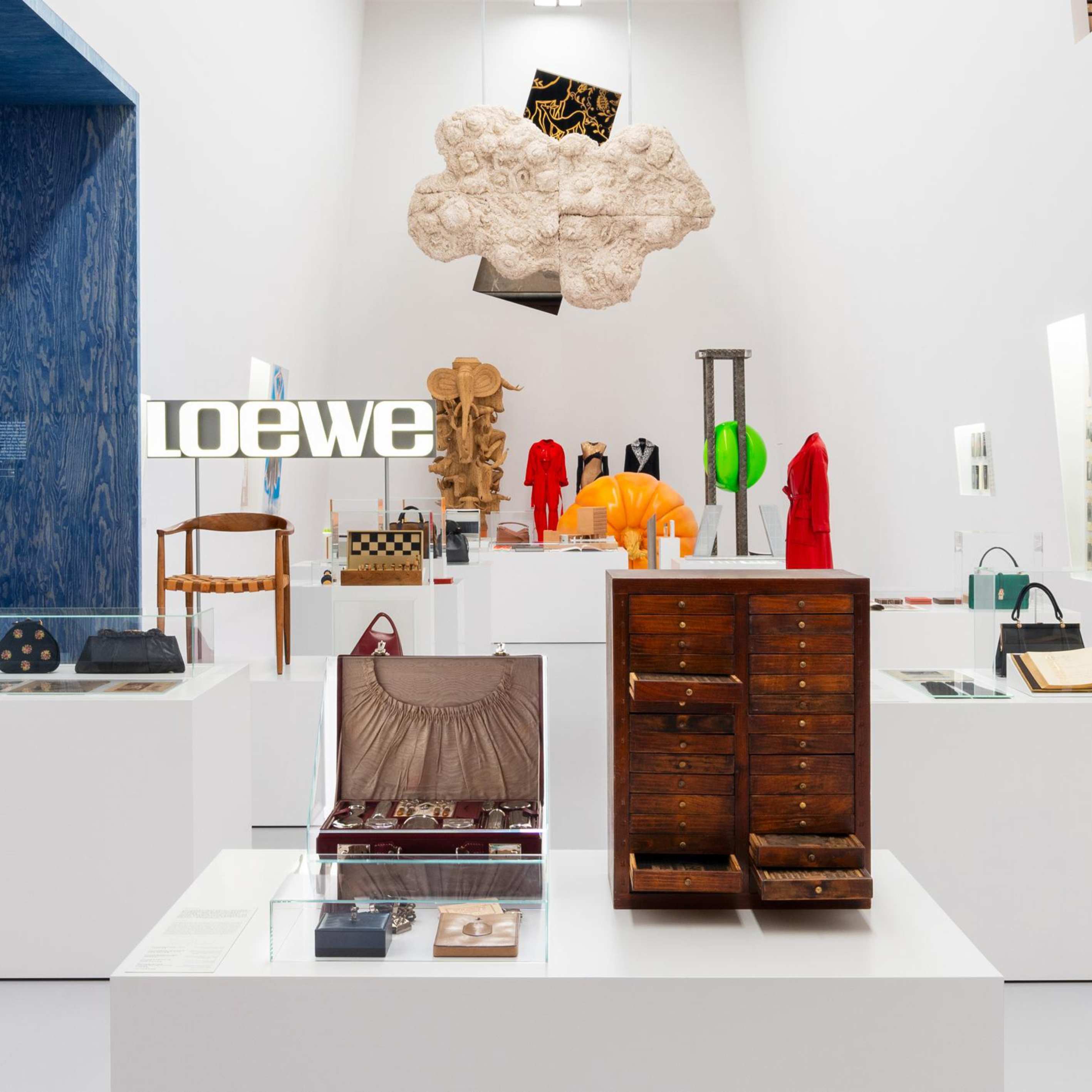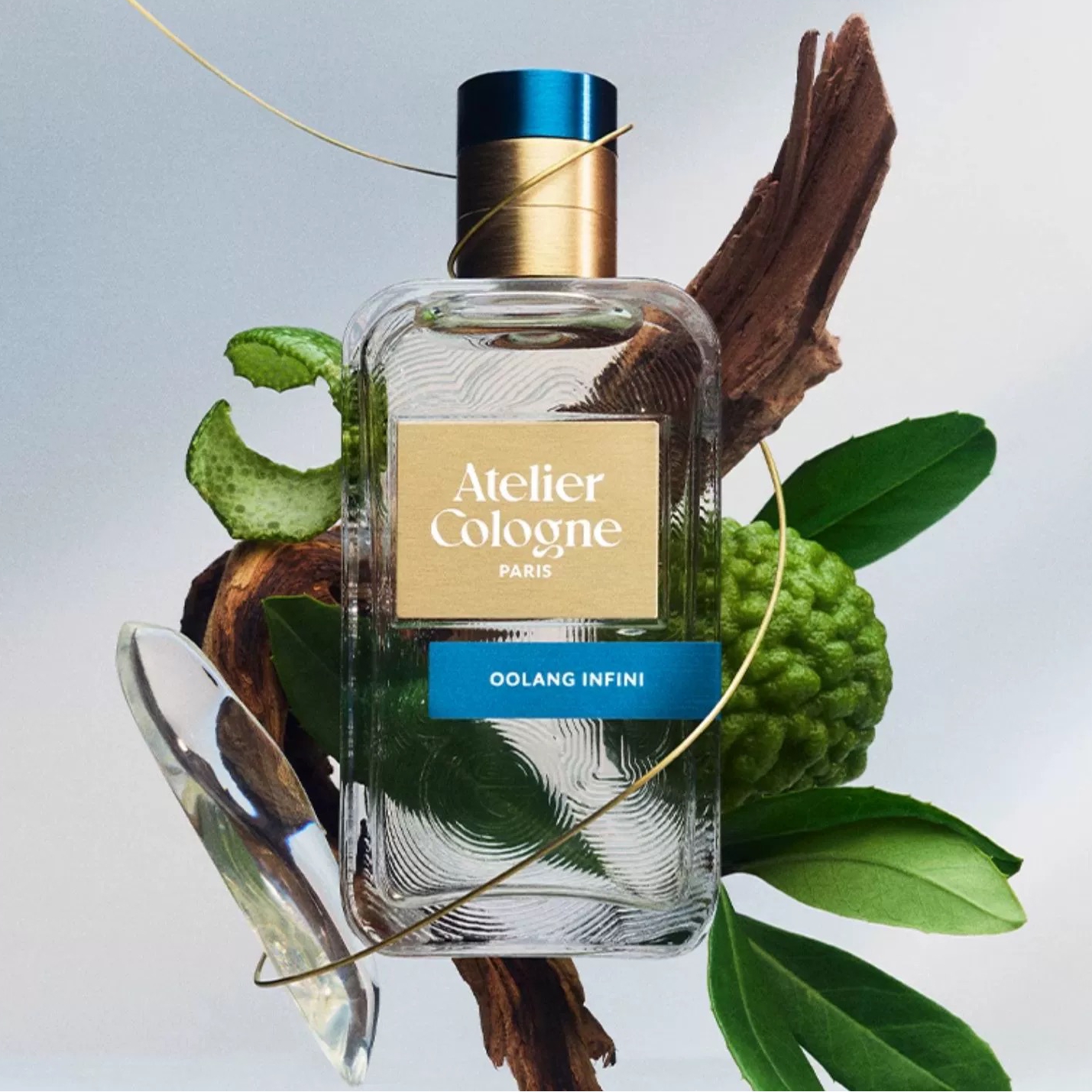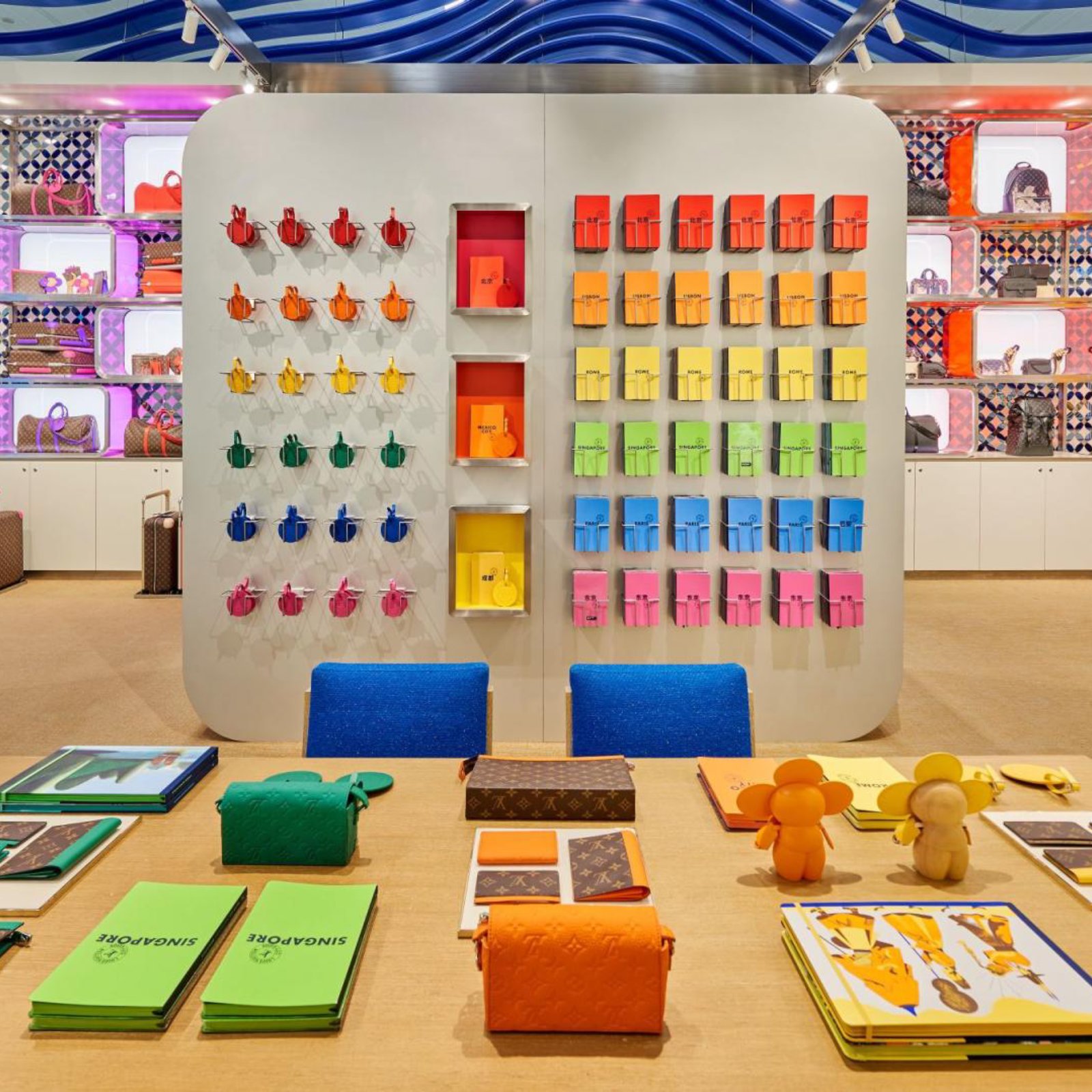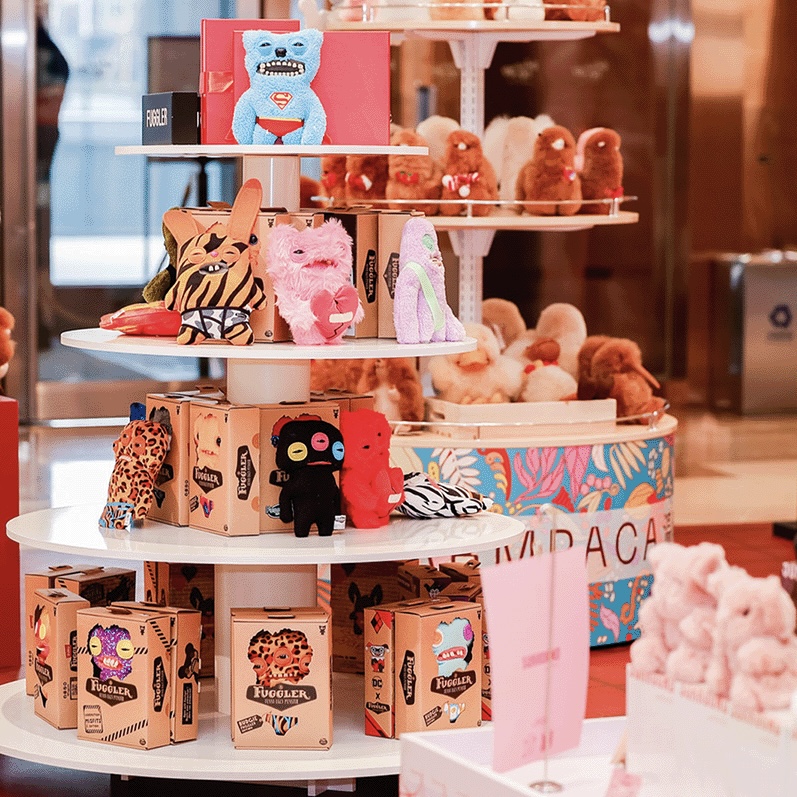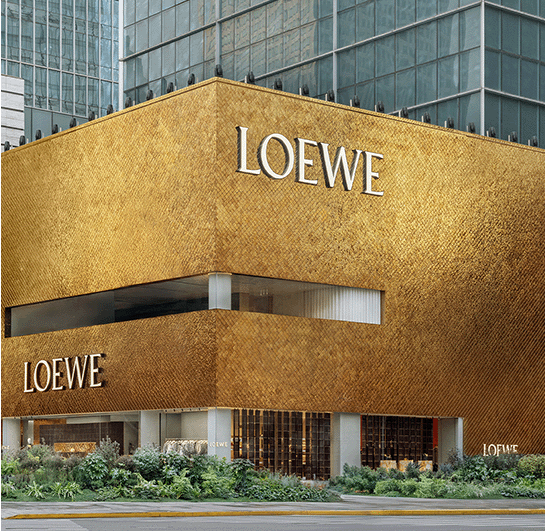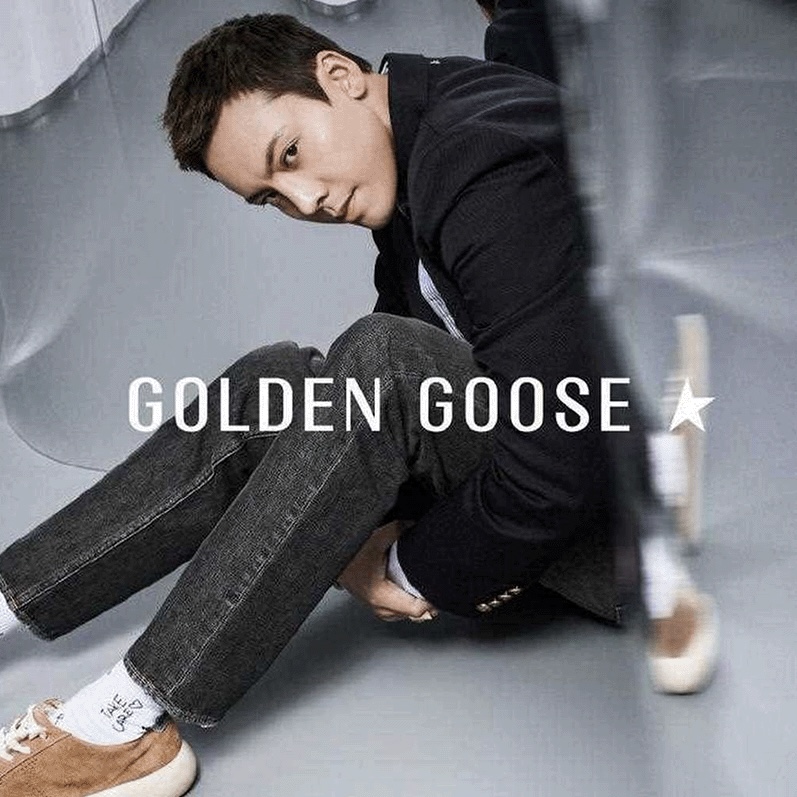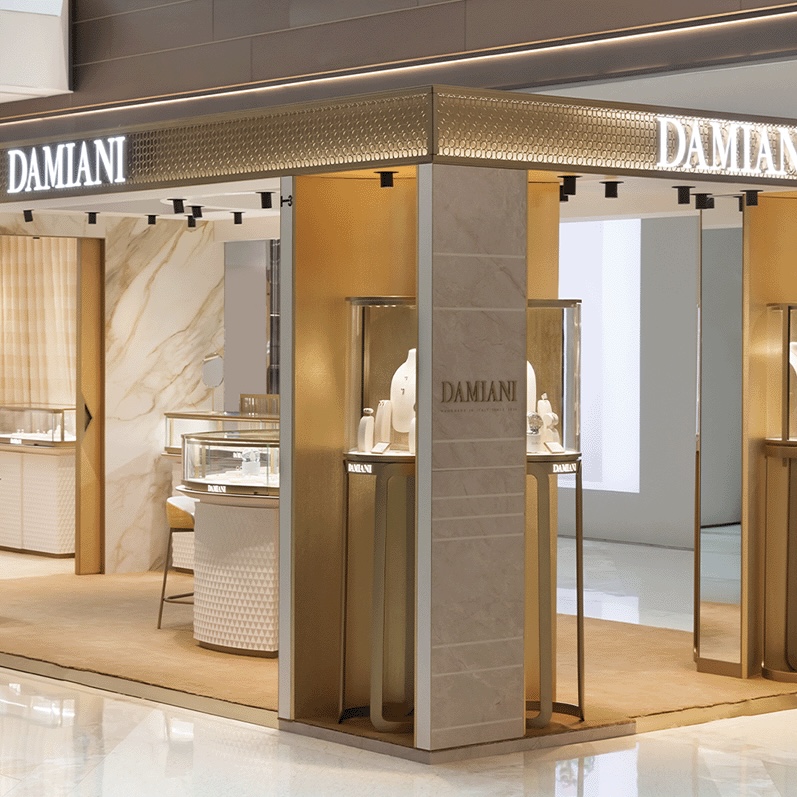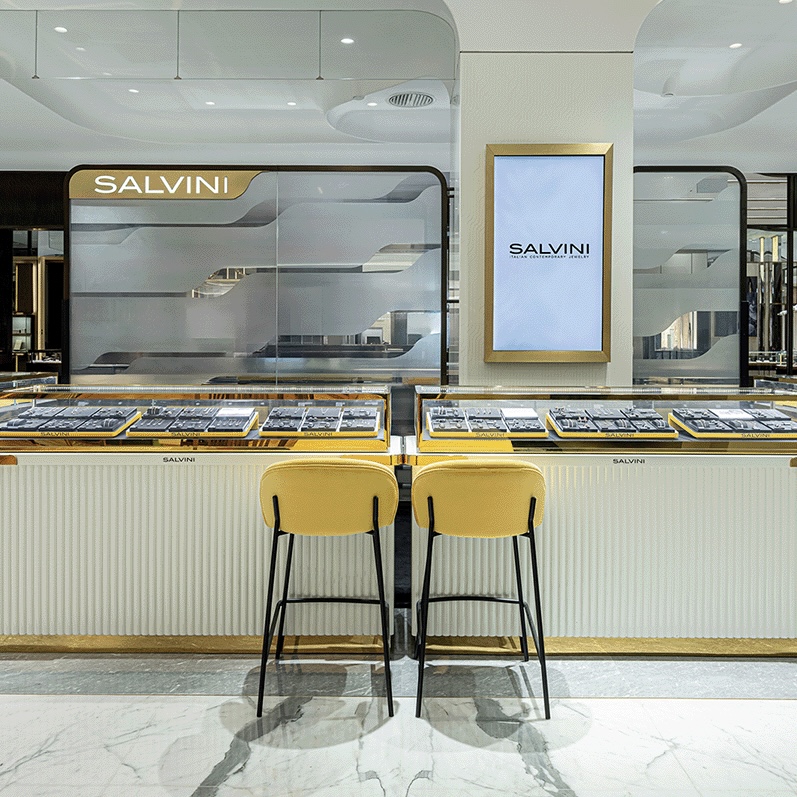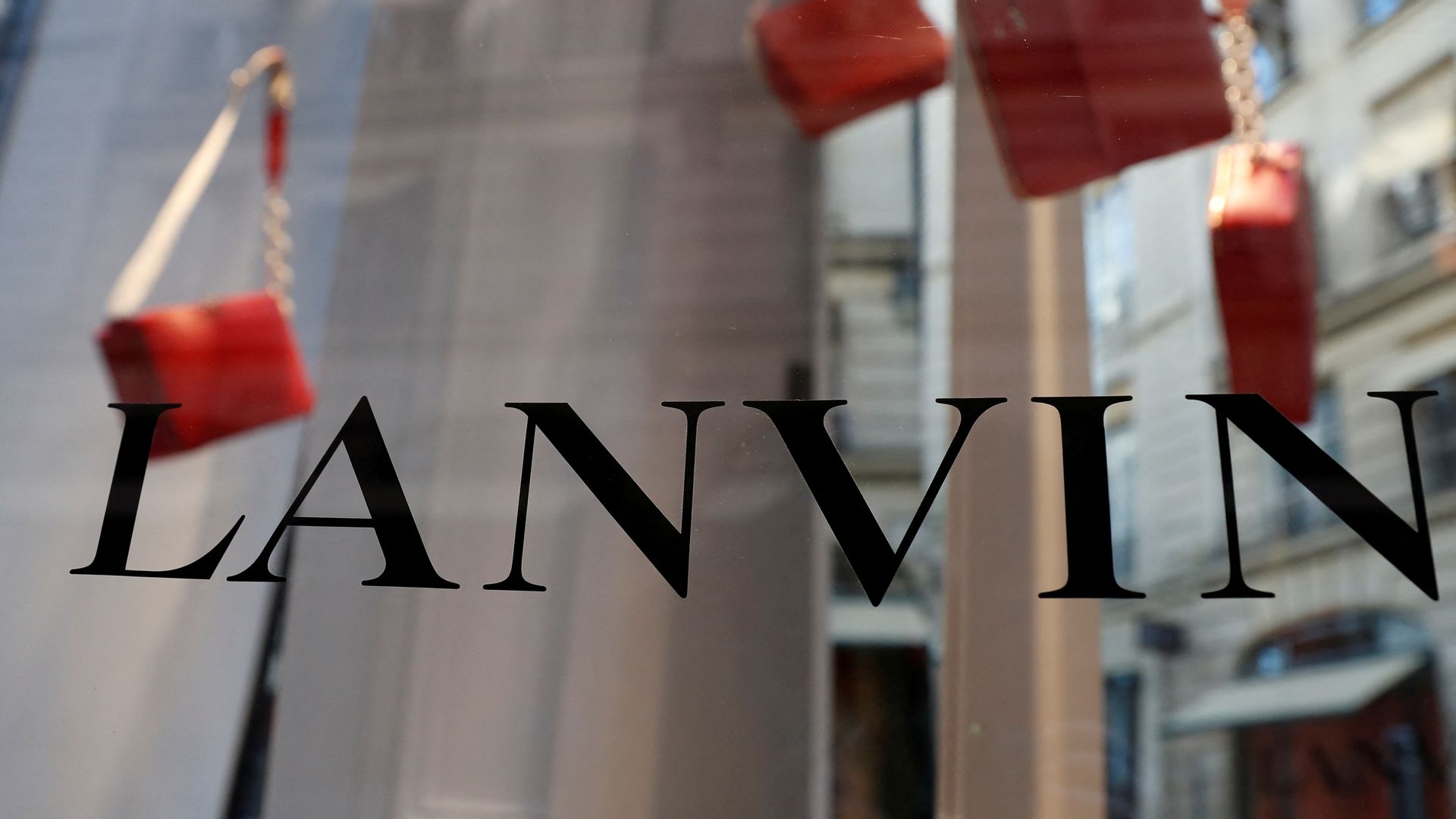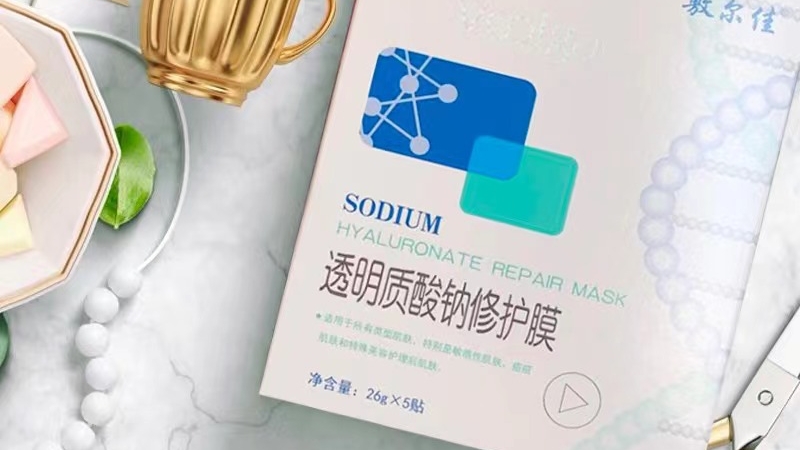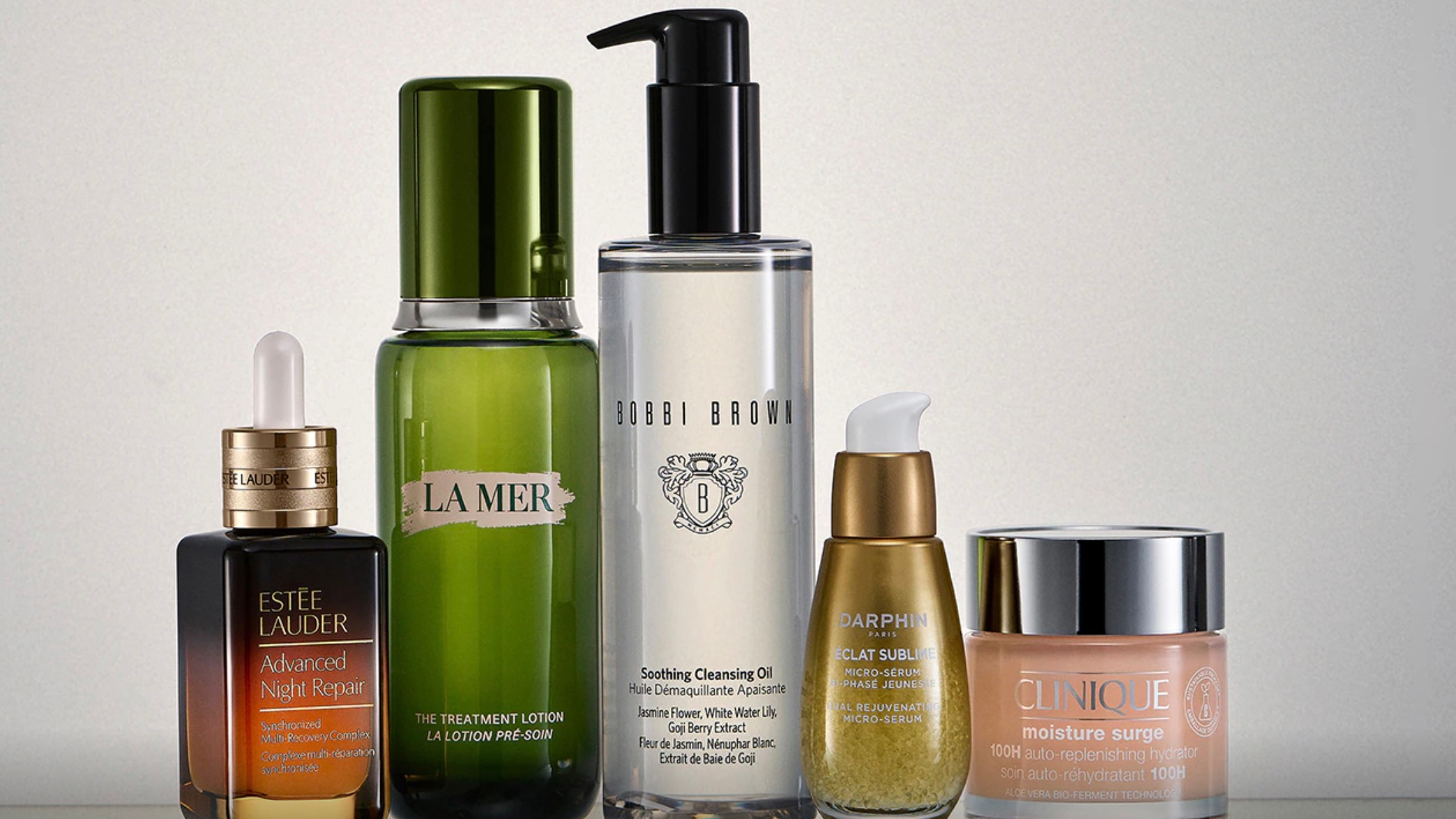- FEATURE
- |
- MERGERS & ACQUISITIONS
- |
- FINANCIAL
- |
- MARKETING
- |
- RETAIL
- |
- ESG-SUSTAINABILITY
- |
- LIFESTYLE
- |
-
MORE

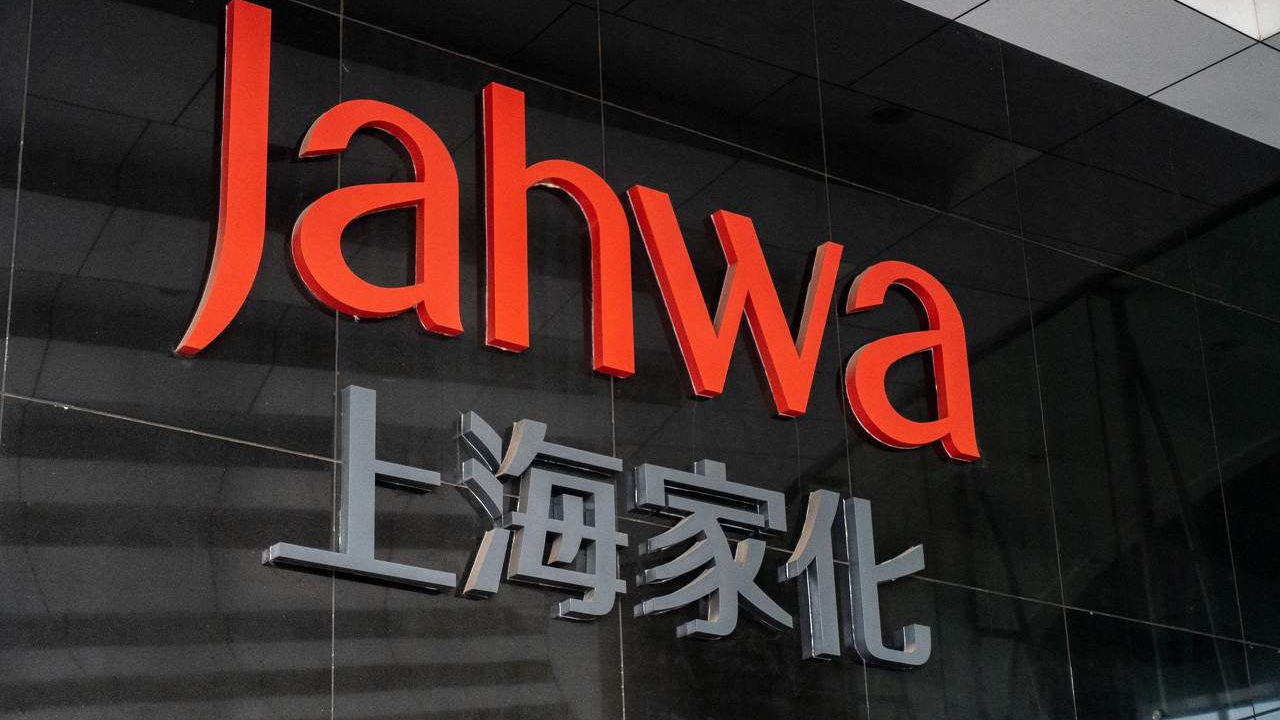
On August 28th, Shanghai Jahwa Group, the owner of brands such as Herborist, Dr. Yu, Liu Shen, and Maxam, released its financial report for the first half of the 2023 fiscal year. After reading it carefully, the information disclosed reveals both intriguing insights and underlying challenges.
Financial Report Highlights:
In the first half of this year, Shanghai Jahwa achieved operating revenue of 3.629 billion yuan, a 2.3% year-on-year decrease, marking its lowest revenue since 2018. However, net profit reached 300 million yuan, surging by an impressive 90.90%, marking the highest growth rate in a decade. In the second quarter, Shanghai Jahwa began to experience a recovery in domestic business revenue, which grew by 10.20% year-on-year.
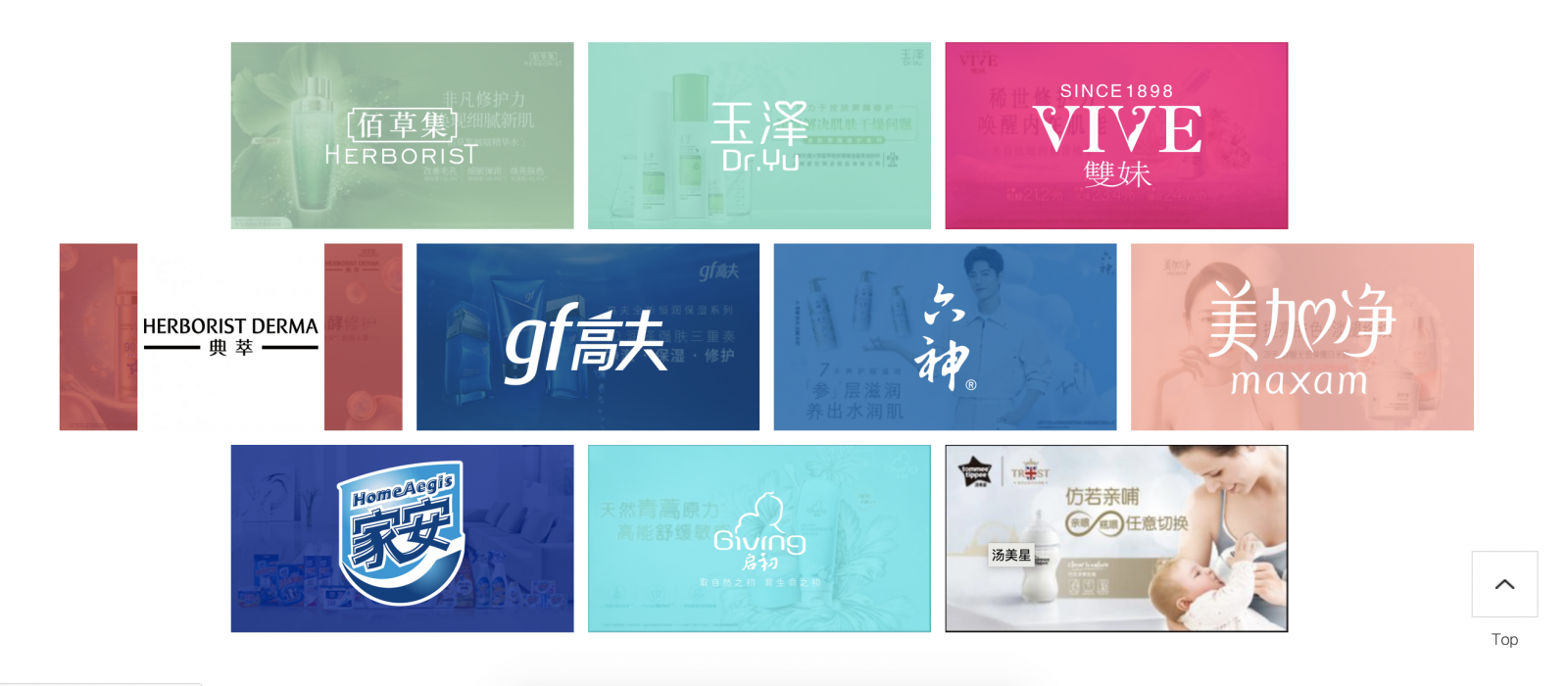
By brand category, the skincare business was the only segment among Shanghai Jahwa's four major business sectors that recorded growth. During the period, skincare revenue increased by 7.16% year-on-year, reaching 871 million yuan, accounting for 24.06% of the company's main business revenue. Dr. Yu saw growth exceeding 50%, and Herborist achieved both increased revenue and market share. Personal care and household cleaning business revenue decreased by 0.5% to 1.724 billion yuan, but it remains the highest contributor to the company's main business revenue, accounting for 47.59%. The maternity and baby care business saw a 10.91% decrease in revenue to 911 million yuan, making up 25.14% of the company's main business revenue. The cooperative brand segment, which includes Pianzaihuang (oral care), Femfresh, and Batiste, saw a substantial revenue decline of 19.37% to 116 million yuan.
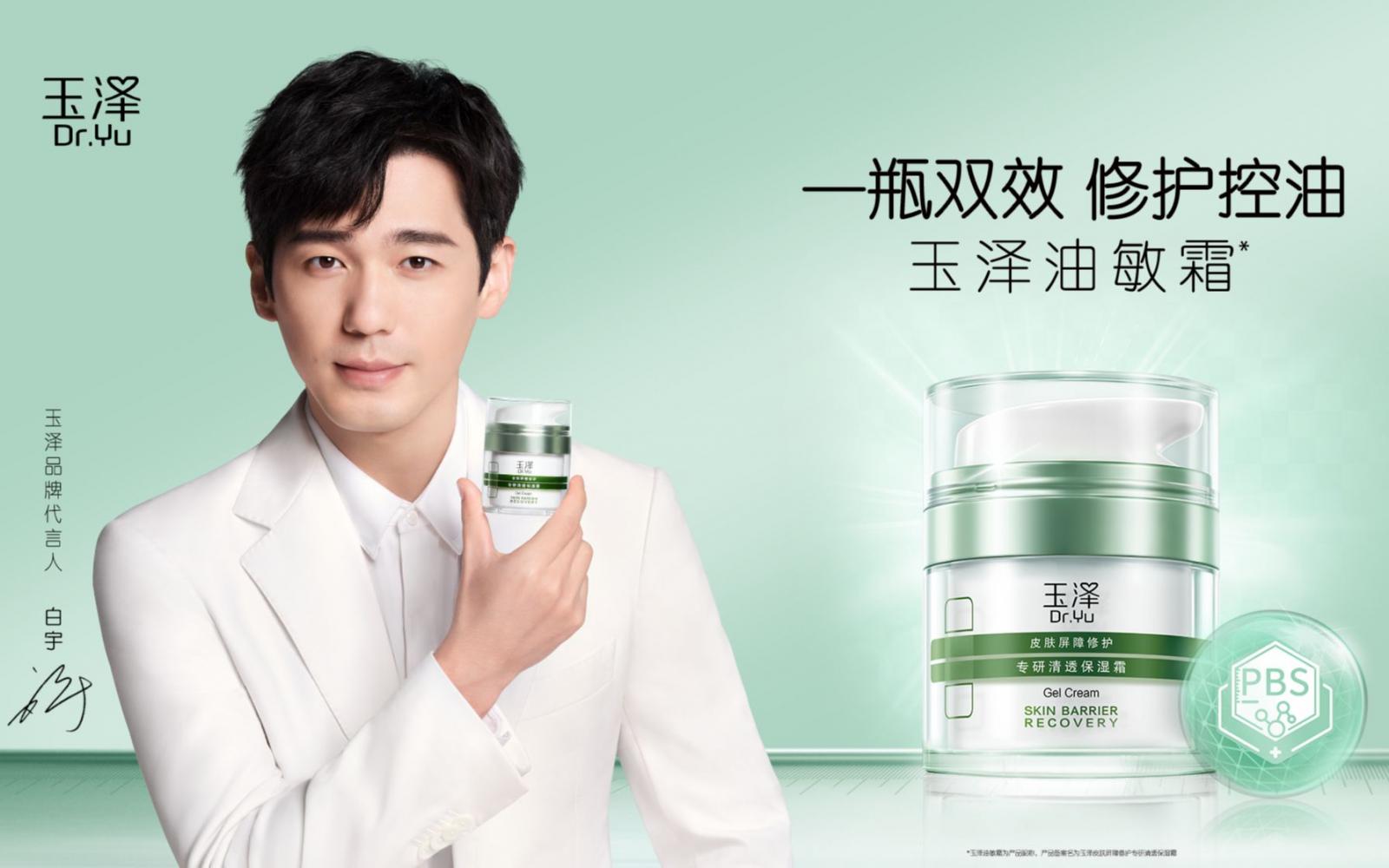
Driven by the growth in skincare, Shanghai Jahwa's domestic business achieved 2.843 billion yuan in revenue in the first half of the year, with a 10.20% year-on-year growth in the second quarter. However, its overseas business experienced a 12.28% decline, with revenue reaching 786 million yuan. Shanghai Jahwa attributes this decline to factors such as increased inflationary pressure in the UK, intensified competition in the maternity and baby care category, and distributor inventory reductions.
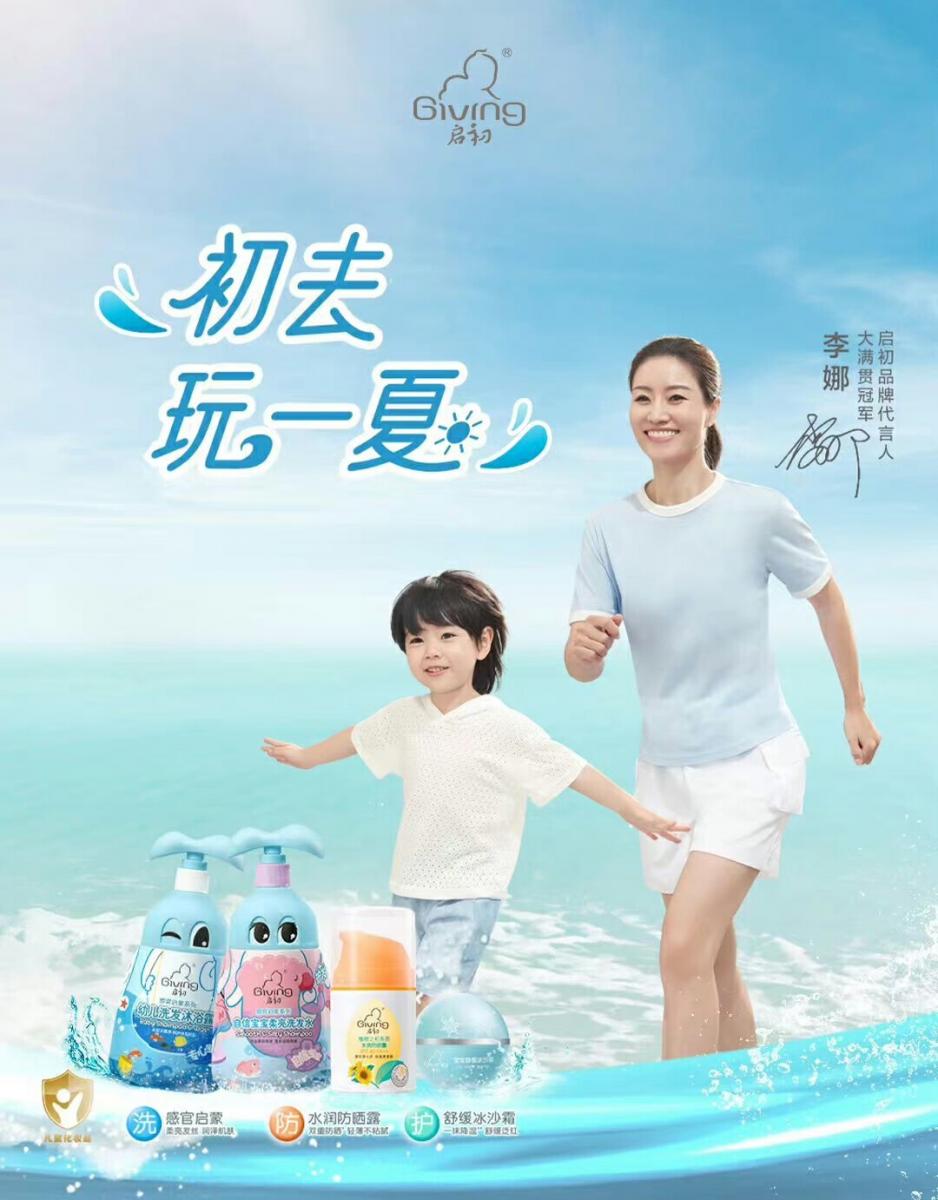
By retail channels: Shanghai Jahwa's online business, including domestic and international segments, generated 1.318 billion yuan in revenue, accounting for 36.39%. In the second quarter, the revenue share of its online business increased to approximately 46%. During the important 618 shopping festival in the first half of the year, Shanghai Jahwa's online channel revenue across all brands grew by 34%, with Tmall channel increasing by 31%, Kuaishou channel by 275%, and Douyin channel by 270%. Simultaneously, its offline new retail business grew by approximately 34%, making up 26% of domestic offline business revenue, reaching a new record.
In the first half of this year, Shanghai Jahwa's research and development expenses amounted to 77.5285 million yuan, a year-on-year increase of 18.39%, with a 0.37 percentage point increase in research and development expense ratio. Operating costs in the first half of the year decreased from 1.489 billion yuan to 1.443 billion yuan compared to the same period last year. Sales expenses also decreased from 1.607 billion yuan to 1.580 billion yuan, and management expenses decreased from 319 million yuan to 303 million yuan.
ConCall:<

